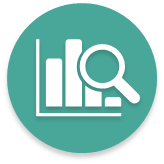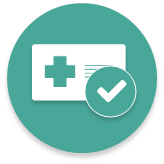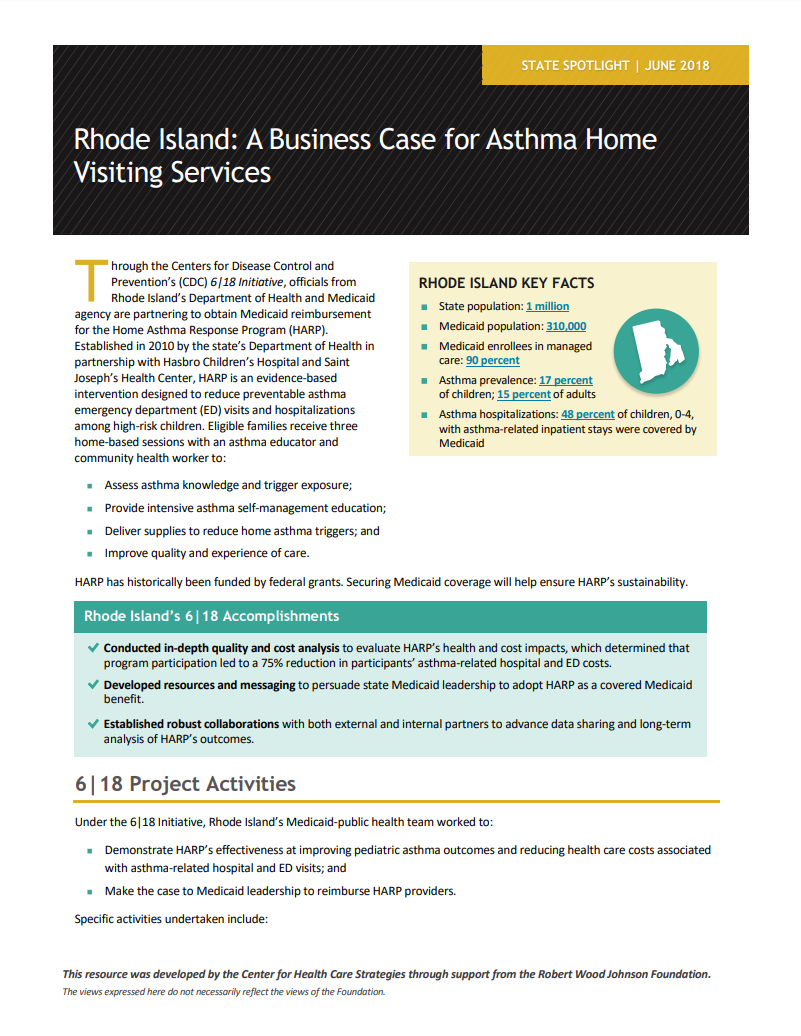Rhode Island: A Business Case for Asthma Home Visiting Services
- Assess asthma knowledge and trigger exposure;
- Provide intensive asthma self-management education;
- Deliver supplies to reduce home asthma triggers; and
- Improve quality and experience of care.
HARP has historically been funded by federal grants. Securing Medicaid coverage will help ensure HARP’s sustainability.
RHODE ISLAND KEY FACTS
- State population: 1 million
- Medicaid population: 310,000
- Medicaid enrollees in managed care: 90 percent
- Asthma prevalence: 17 percent of children; 15 percent of adults
- Asthma hospitalizations: 48 percent of children, 0-4, with asthma-related inpatient stays were covered by Medicaid
Rhode Island’s 6|18 Accomplishments
- Conducted in-depth quality and cost analysis to evaluate HARP’s health and cost impacts, which determined that program participation led to a 75% reduction in participants’ asthma-related hospital and ED costs.
- Developed resources and messaging to persuade state Medicaid leadership to adopt HARP as a covered Medicaid benefit.
- Established robust collaborations with both external and internal partners to advance data sharing and long-term analysis of HARP’s outcomes.
6|18 Project Activities
Under the 6|18 Initiative, Rhode Island’s Medicaid-public health team worked to:
- Demonstrate HARP’s effectiveness at improving pediatric asthma outcomes and reducing health care costs associated with asthma-related hospital and ED visits; and
- Make the case to Medicaid leadership to reimburse HARP providers.
The 6|18 team is currently working with stakeholders to operationalize HARP as a covered Medicaid benefit.
Specific activities undertaken include:
 1. HARP Health and Cost Impact Analysis
1. HARP Health and Cost Impact Analysis
Upon joining the 6|18 Initiative, Rhode Island’s public health and Medicaid agencies established an ongoing data-sharing agreement and worked to collaboratively capture and analyze available data on HARP. The analysis demonstrated that all HARP participants had a roughly 75 percent reduction in asthma-related hospital and ED costs after participating in the program for a year. Costs for the highest utilizers decreased by almost 80 percent. The analysis suggested that the program produced a positive return on investment of $1.33 for every $1.00 invested.
Following the initial analysis, the Rhode Island Department of Health engaged the Hassenfeld Child Health Innovation Institute at Brown University to conduct an advanced evaluation with a broader Medicaid dataset. The study, to be completed in 2018, will result in: (1) a long-term analysis of HARP outcomes; (2) maps of asthma hot spots; (3) cost and utilization data on all HARP-eligible patients in Medicaid; and (4) an analysis of housing instability for the Medicaid population.
 2. Business Case for State Leadership
2. Business Case for State Leadership
Next, the Rhode Island 6|18 team outlined Medicaid-specific HARP program costs and the presumed savings resulting from reduced ED and hospital visits. Since the costs avoided were greater than actual costs, the analysis suggested a net savings to Medicaid. In an October 2016 meeting with the interim state Medicaid director, Rhode Island’s 6|18 team presented a compelling case for Medicaid leadership to invest in HARP, using targeted talking points and a persuasive return on investment fact sheet. Two months later, Rhode Island Medicaid leadership agreed to include HARP as a covered out-of-plan Medicaid benefit for a one-year pilot, reimbursing HARP providers at the average cost for services across all participants.
However, in early spring 2017, the team received news that HARP had been removed from the Medicaid budget request to the state legislature due to being added too late in the annual budget process. This prompted the team to vigorously pursue an alternative path to covering HARP: via contracting with the state’s three Medicaid managed care organizations. The 6|18 team also engaged the state’s fee-for-service Medicaid provider, which pledged to re-evaluate HARP costs in their budget considerations. Additionally, the Rhode Island team began exploring how to align its 6|18 work within accountable care organizations or potential pay-for-success financing, which could provide complementary or alternative funding sources.
 3. Establish HARP as a Covered Medicaid Benefit
3. Establish HARP as a Covered Medicaid Benefit
The 6|18 team is now working with stakeholders to operationalize HARP as a covered Medicaid benefit. In so doing, the team is updating its cost analysis for HARP with more robust and up-to-date participant and comparison data; it is also developing provider certification standards to create a statewide protocol for delivering HARP services. Additionally, the team is exploring opportunities to attract and utilize third party sources of funding to pilot HARP as a covered Medicaid benefit.
State Spotlights: Medicaid-Public Health Collaboration in CDC’s 6|18 Initiative
This profile is part of a series, developed by the Center for Health Care Strategies and made possible by the Robert Wood Johnson Foundation, that showcases how state Medicaid and public health departments are using the Centers for Disease Control and Prevention’s (CDC) 6|18 Initiative to accelerate the adoption of evidence-based prevention efforts focused on improving health outcomes and controlling health care costs. The CDC’s 6|18 Initiative links proven prevention activities to health coverage and delivery with a focus on six high-burden, high-cost health conditions — tobacco use, high blood pressure, inappropriate antibiotic use, asthma, unintended pregnancies, and diabetes.
